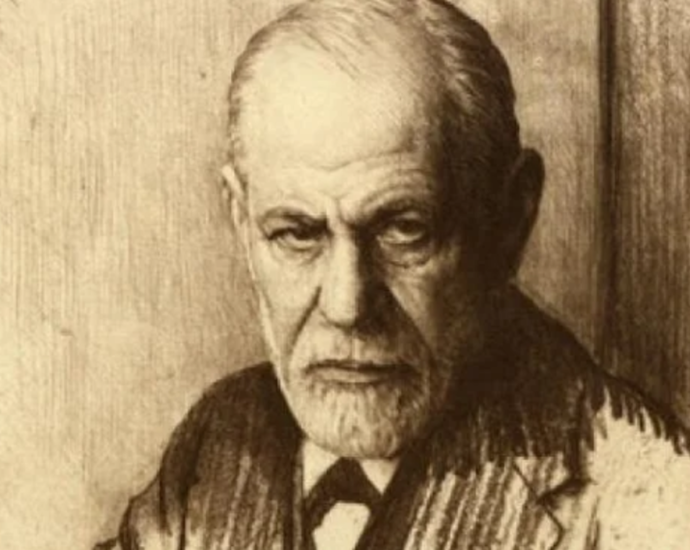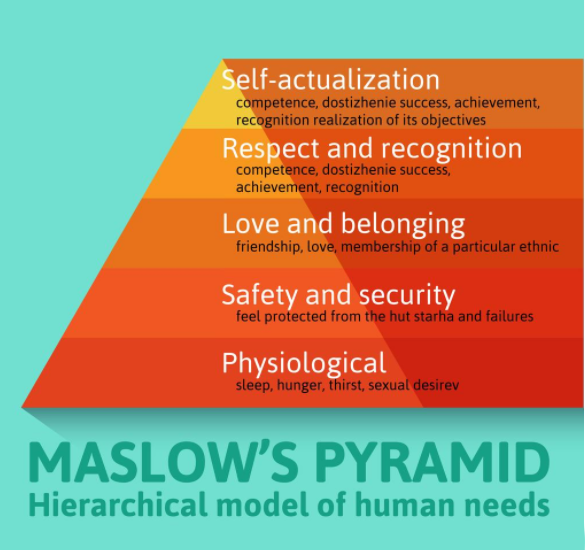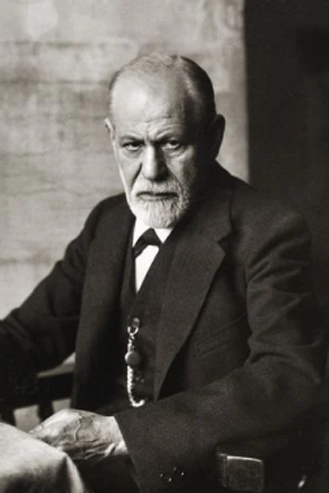Emotional Amnesia
Many people suffering from Post Traumatic Stress Disorder (PTSD) have difficulty remembering significant portions of the actual traumatic event, including important details just prior to and during it. This is called Emotional Amnesia or Dissociative Amnesia. Whether this disconnect of events is intentional to prevent painful thoughts or an automaticContinue Reading










